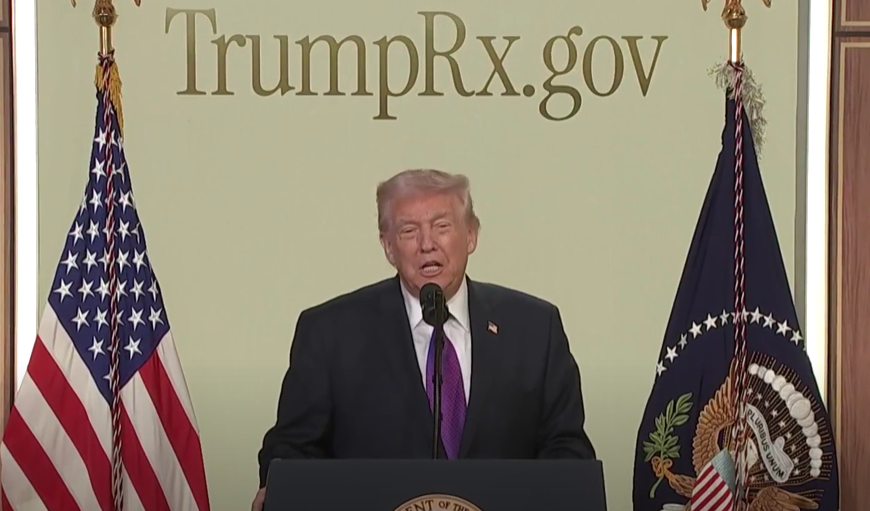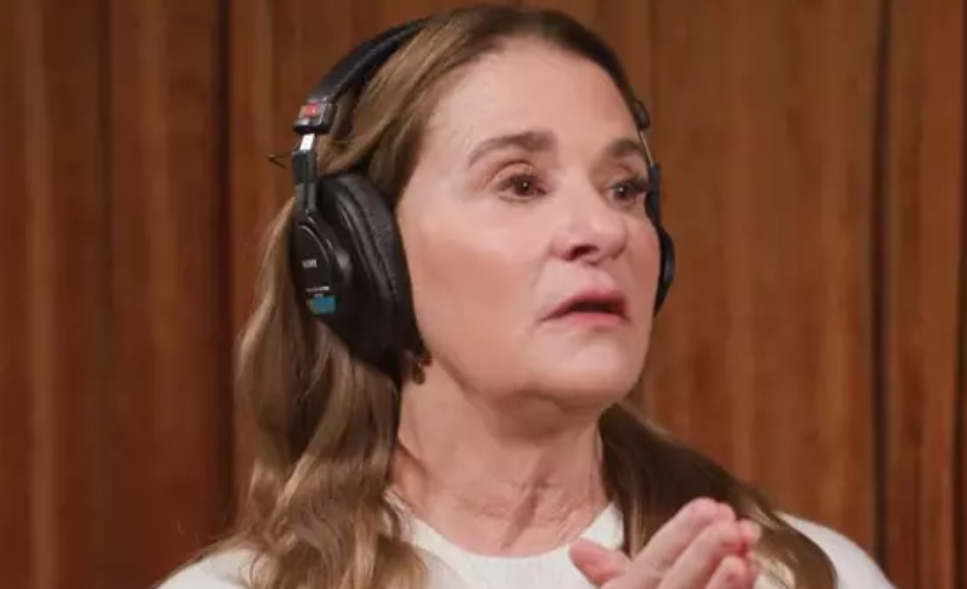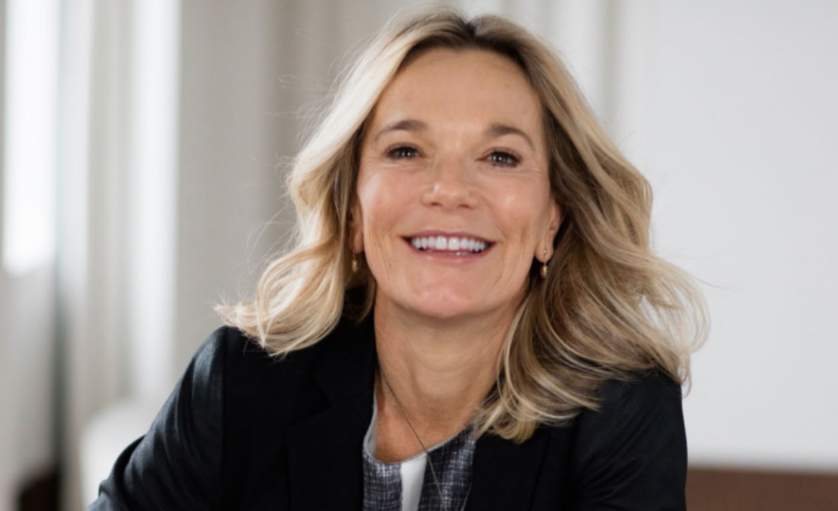U.S. Now Demands Public Social Media Student Visa Applicants
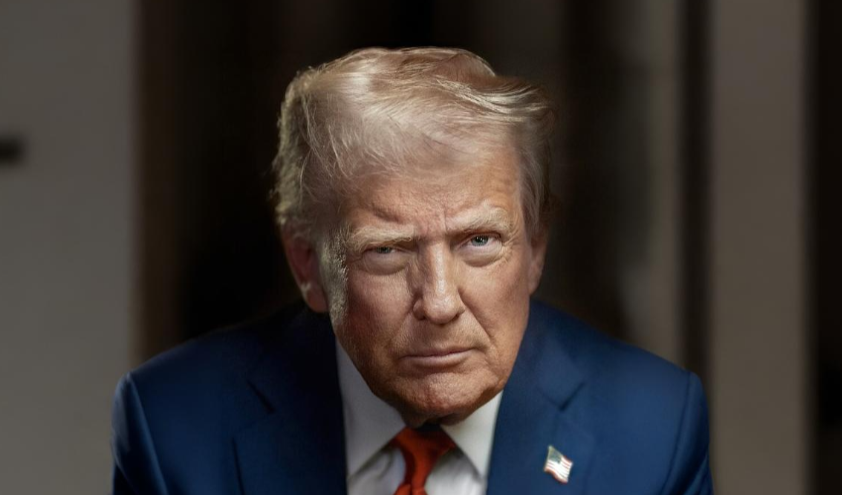
Public Domain
As of June 22, 2025, the U.S. State Department has resumed processing F‑1, M‑, and J‑visa applications—but under a bold new condition. All applicants must set their social media profiles (Facebook, Instagram, Twitter, etc.) to public access for government review.
The department officially stated that it relies on “all available information in our visa screening and vetting to identify visa applicants… who pose a threat to U.S. national security”.
What Applicants Need to Know
Applicants must make their social media profiles fully public before scheduling or attending a visa interview. Private accounts may be interpreted as hiding information, a possible red flag resulting in visa denial. The vetting looks for posts, affiliations, or messages indicating hostility toward America. This also includes support for terrorism, or antisemitism, and may even reference external sources like LexisNexis.
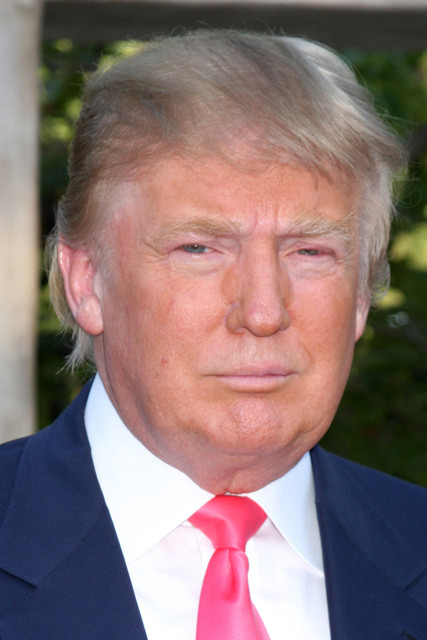
Additionally, consular offices are instructed to prioritize interviews for students headed to schools with less than 15% international enrollment, potentially disadvantaging those applying to Ivy League and other top universities.
Privacy Concerns and Student Backlash
Legal and privacy advocates have denounced the directive as an overreach. Jameel Jaffer of Columbia’s Knight First Amendment Institute likened it to Cold War–style ideological vetting, warning it could “inevitably chill legitimate political speech”. Similarly, Indian experts told Business Standard that the new requirement adds “an unprecedented layer of surveillance” and may lead to visa refusals over innocuous posts.
For many students—especially from India, China, Mexico, and the Philippines—the policy brings anxiety, as they now rush to “sanitize” their online presence in hopes of securing appointments before the academic year rolls around.
Broader Policy Outlook
This social media vetting builds upon rules from 2019 when applicants were already asked to list their accounts. Now, screening extends beyond form disclosure to active monitoring . The measure aligns with other Trump-era visa and campus policies aimed at limiting foreign influence and pro-Palestinian protests .

Some embassies may delay interviews further, and legal recourse for denials remains limited. Experts suggest students maintain transparency—even if it feels intrusive—and be prepared to appeal or reapply.
You might also want to read: Trump Bans 12 Countries from Entering U.S.
